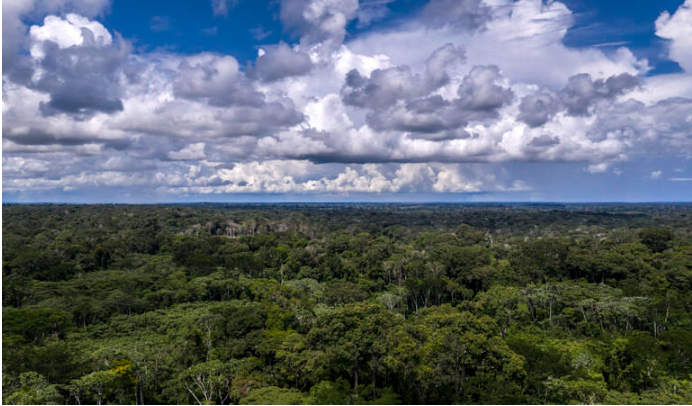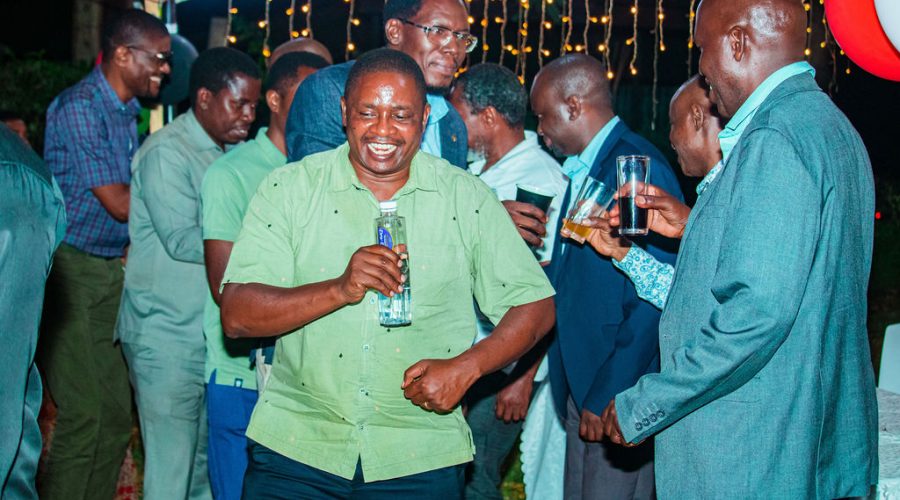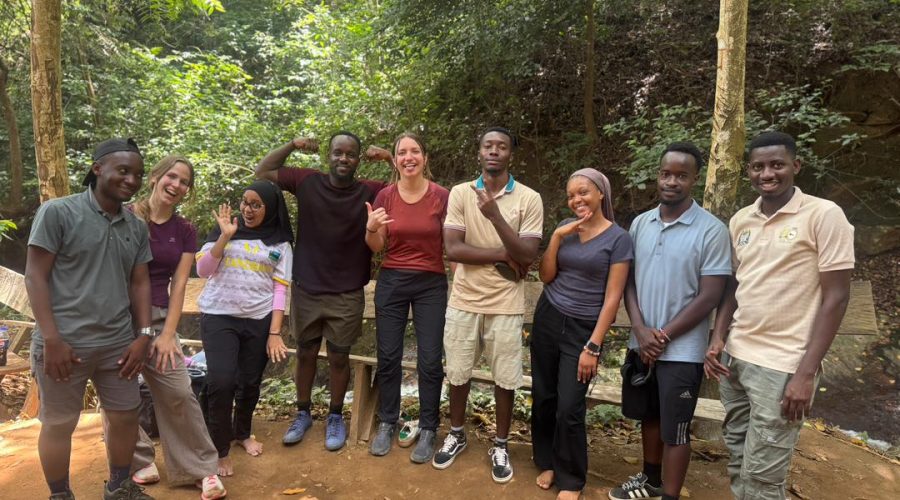The Tanzania Commission for Science and Technology (COSTECH), in collaboration with the Norwegian Agency for Development Cooperation (NORAD), has spearheaded the creation of a specialized initiative under the National Fund for the Advancement of Science and Technology (NFAST). This initiative is specifically designed to bolster climate research efforts in Tanzania.
The climate research program orchestrated by COSTECH and NORAD is characterized by its emphasis on providing financial support in the form of grants. These grants are directed towards interdisciplinary and multidisciplinary research teams, fostering ambitions aimed at addressing the far-reaching impacts of climate change. The primary focus is on developing innovative hypotheses that can be rigorously tested and experimented with in real-world scenarios at the district or regional scale.
A distinctive feature of the program is the commitment to upscaling evidence-based adaptation solutions. This involves taking successful strategies and interventions derived from experimental settings and extending their application to other regions beyond the initial areas of experimentation. By doing so, the program aims to ensure a broader and more widespread impact on climate change adaptation efforts.
The overarching objective of the COSTECH climate research program is to generate contextually relevant knowledge on climate change adaptation and mitigation. This knowledge is intended to be harnessed and utilized by a diverse range of stakeholders, including both governmental and non-governmental entities, operating at various levels within Tanzanian society. The program envisions the translation of research findings into actionable insights that can inform policies and practices, ensuring a more resilient and sustainable response to the challenges posed by climate change. Through this comprehensive approach, the initiative aims to contribute significantly to building a more climate-resilient and adaptive Tanzania.
To apply for this call, please click this link.
TEMPLATE FOR THE SUBMISSION OF CLIMATE CHANGE RESEARCH PROPOSALS
Full proposals must be submitted through crweb.costech.or.tz. The proposal shall include:
- Name(s) and addresses of PI, Co-PI, and collaborating team: full name and address of the applicant(s) must be given. It is encouraged that the proposed team consider researchers from different disciplines (multi-disciplinarity).
- Title of the Project: the title should be scientifically valid and sufficiently descriptive to reflect the nature of the proposed work.
- Summary of the Project: a summary of the proposed project taking into account the importance of the project, the objectives, research type and design, methodology, expected outputs, result dissemination, the total budget required and duration and co-funding if any.
- Objectives of the project: a clear statement of the general problem(s) and gap or issue(s) at hand be addressed. Specific objectives and targets must be clearly stated.
- Justification or rationale: This section should clearly show the importance of the project and how the results of the research will reach the end users and would contribute towards bringing about potential socio- economic development. The possible policy implications and intervention strategies should be documented as well as to indicate which target is addressing in the Third National Five Years Development Plan 2021/22 – 2025/26
- Background and Literature Review: the applicant must show the interrelationship of prior research and development in the field and a gap to be bridged by the intended study. It should reflect a thorough survey of the existing state of knowledge and how the intended work is going to contribute to the advancement of knowledge about the problem to be solved or addressed.
- Methodology (Project description, research design): the researcher should clearly and thoroughly spell out the research and development plan for the project. The plan should identify and describe the different phases of the project. It should also indicate the proposed methods, analytical techniques and their appropriateness, as necessary. This section should also describe the facilities and equipment to be used. It should also describe the study type, research design, technology development and innovation, place, intended population to benefit from the innovation, sampling frame and methods-where applicable and as necessary. The section should also clearly indicate a novel technology that will be developed or improved during the course of this research.
- Management Plan: the applicant should provide a description of the project management and supervision plan and the role of the Principal Investigator (PI) and the research team.
- Work schedule and division of tasks: the details and rationale for manpower needs, work schedules, tasks to be accomplished and responsible persons for each task of the project should be given here.
- Anticipated Output and Utilization Plan: the anticipated contribution to the specific problem(s) or issue(s) that are planned to be addressed by the research project should be clearly described. These outputs must tally with the objectives spelt out for meeting this call’s theme. In this section, steps planned to be taken to utilize the anticipated research results (or the developed technology) should be clearly described.
- Research Ethical Consideration: applications should clearly state how they are planning to address ethical issues. Where possible, applications should be supported with ethical clearance from the appropriate bodies responsible for issuing such clearances:
- Capacity Building: the proposal must describe how they will build human and institutional capacity as well as required physical infrastructure capacities for R&D and S&T developments in the country.
- Gender consideration: application must indicate gender inclusivity in all aspects of project implementation.
- Engagement of private sector: proposal should describe on how the private sectors, industries, government authorities, LGAs will be engaged as part of project implementing team with clearlydefined roles and activities
- Intellectual Property Rights (IPR): the proposal must articulate clearly on how the IPR issues (if any) will be handled.
- Dissemination of Research Results: proposal should indicate where and in which form the results of the work may be disseminated. This must include plans for dissemination to specific end users including policy/decision makers and communities where data and research materials were collected.
- Sustainability plan: the proposal should describe clear the sustainability plan to ensure the project continue to perform and deliver its intended purpose to target group upon the completion of the granting period.
- Budget: The applicant is responsible for the development of a detailed budget and budget justification as per attached budget template. The grants are meant to cover direct costs for special equipment, expendable items, research costs (field work/data collection laboratory, data management and analysis), publication and dissemination, capacity building at MSc and PhD (either research costs and tuition fees or both) and travel which cannot be provided by the host institutions. Whenever possible, the applicant’s budget should include unit costs and quantity of units. Applicants will be required to provide their own insurance cover as well as insurance of the research equipment acquired through the Fund. Where the applicant has applied for or obtained funds from some other sources, they should specify the name of the organization, the date of application/obtaining, the amount and its planned use.
- Expected Outcome/impact: the proposal should articulate the expected outcome/impact to be obtained as a result of implementing the proposed project, this including possible future market opportunities with a competitive advantage (if any).
- Curriculum Vitae: the CVs (maximum of 5 pages) of the entire research team (as per attached CV template) must be submitted with the proposal.
- Supporting Documents: applicants shall submit support letters from their employers’/attachment institutions and collaborating partners/ institutions where applicable. Each team member mentioned in the applications will also be required to submit a commitment letter.




